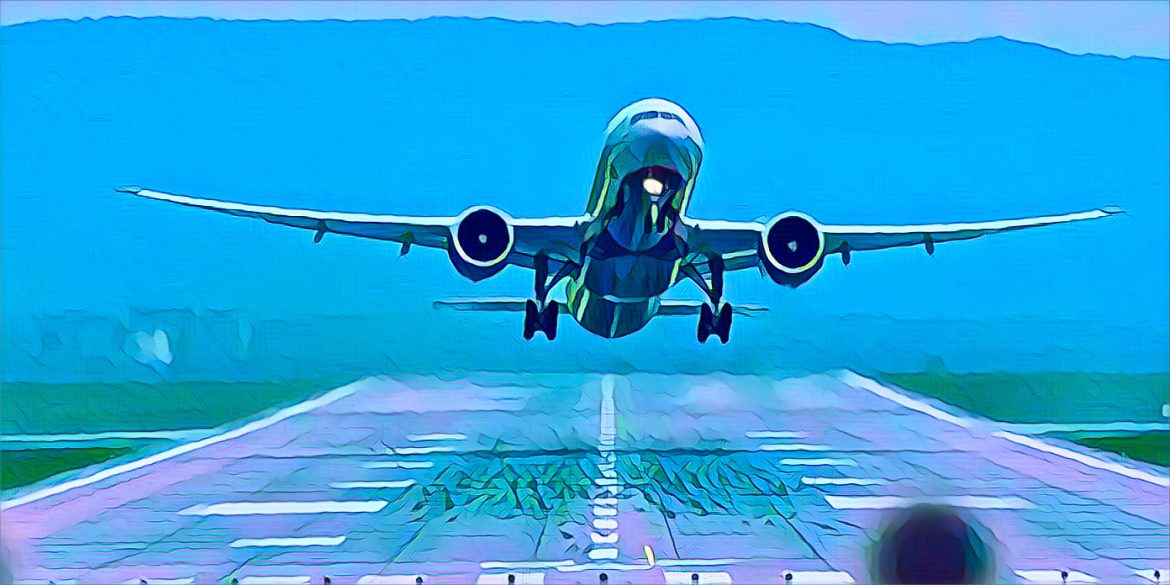Nigeria’s aviation sector is bracing for significant disruptions as aviation workers prepare to embark on an indefinite strike starting Monday. The strike, organized by the National Union of Air Transport Employees (NUATE) and other aviation unions, aims to address longstanding grievances over worker welfare and poor working conditions.
The unions have expressed frustration over the lack of progress in addressing issues related to salary arrears, pension payments, and the implementation of improved working conditions. Despite several rounds of negotiations with government officials and aviation authorities, the unions claim that their demands have not been met.
In a statement, NUATE’s General Secretary, Ocheme Aba, highlighted the urgency of the situation. “Our members have been patient for too long. The continued neglect of their welfare and rights is unacceptable. We have no choice but to proceed with this strike to demand justice and fair treatment,” Aba stated.
The strike is expected to affect various operations within the aviation sector, including flight services, ground handling, and airport security. Airlines have already begun warning passengers to expect delays and cancellations. The potential impact on both domestic and international flights has raised concerns among travelers and industry stakeholders.
A spokesperson for the Federal Airports Authority of Nigeria (FAAN) acknowledged the unions’ concerns and urged them to reconsider the strike. “We understand the grievances of the aviation workers and are committed to resolving these issues through dialogue. However, we appeal to the unions to consider the broader implications of an indefinite strike on the aviation sector and the economy,” the spokesperson said.
Travelers are advised to stay informed about their flight statuses and make alternative arrangements where possible. Major airlines, including Arik Air and Air Peace, have issued advisories, urging passengers to check for updates and be prepared for potential disruptions.
Industry experts warn that the strike could have far-reaching consequences for Nigeria’s economy. The aviation sector is a critical component of the country’s infrastructure, facilitating business, tourism, and trade. Prolonged disruptions could lead to significant economic losses and damage Nigeria’s reputation as a reliable hub for air travel.
The unions have indicated that the strike will continue until their demands are satisfactorily addressed. They have called on the government and relevant authorities to engage in meaningful negotiations to resolve the issues promptly. “We are ready to return to work as soon as there is a genuine commitment to resolving our grievances. Our goal is not to cause disruption but to ensure fair treatment for all aviation workers,” NUATE’s General Secretary emphasized.
The aviation workers’ strike comes at a time when the industry is still recovering from the impacts of the COVID-19 pandemic. The pandemic severely affected air travel, leading to financial losses and operational challenges for airlines and airport operators. The additional strain of a labor strike adds to the sector’s existing challenges.
As the strike begins, passengers, airlines, and other stakeholders are closely monitoring the situation, hoping for a swift resolution. The government and aviation authorities are under pressure to act quickly and find a solution that addresses the workers’ concerns while minimizing disruptions to air travel.
In the meantime, the solidarity among aviation workers remains strong, with unions expressing their determination to see their demands met. This strike serves as a reminder of the critical role that aviation workers play in ensuring the smooth functioning of the aviation sector and the importance of addressing their needs and concerns.
Source: TribuneOnline.ng


